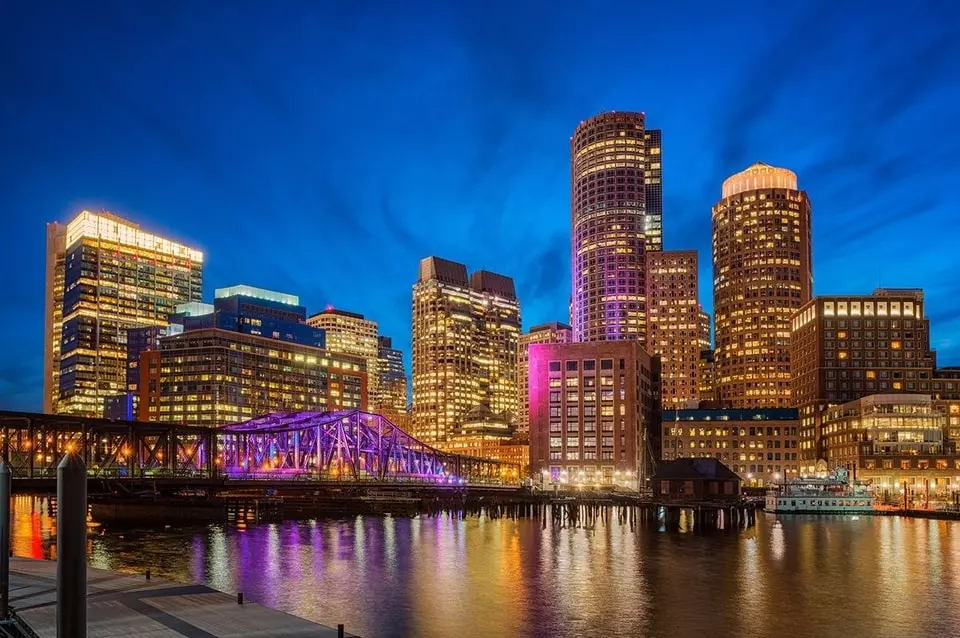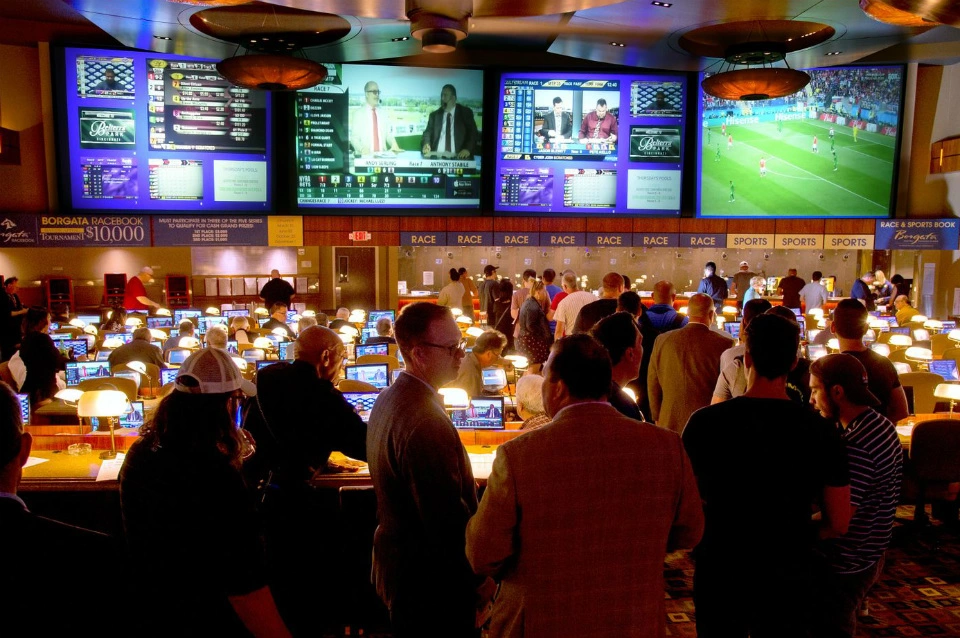 Yesterday, a committee hearing in relation to sports betting was held in the state of Massachusetts, with an overwhelming majority in favor of the new form of gambling. Still, not all supporters of the proposed pieces of legislation agreed on the fine details of their preferred bills.
Yesterday, a committee hearing in relation to sports betting was held in the state of Massachusetts, with an overwhelming majority in favor of the new form of gambling. Still, not all supporters of the proposed pieces of legislation agreed on the fine details of their preferred bills.
Of course, not anyone backed the addition of sports betting to the legal gambling landscape of the state. Long-time anti-gambling advocate Susan Tucker and the former aide of the ex-Massachusetts state senator, Les Beral, testified for the committee that commercial sports betting would make institutionalized racism of state-sanctioned gambling even deeper. According to them, it would also further extend changes in Massachusetts’ tax code with rules benefitting white people at the expense of colored people.
Reportedly, local players already lose personal wealth worth $2 billion to state-sanctioned gambling services, such as casino gambling and betting on the Massachusetts Lottery, on an annual basis. If the same spending tempo is kept, in the next five years, state residents are expected to lose over $10 billion on the legal gambling services that are currently available alone.
Opponents of the sports betting expansion further noted that a disproportionate amount of the expected $10-billion losses would be on the backs of black and brown citizens of the state. According to them, this would further intensify the outflow of personal wealth from such communities, which have already been among the ones most targeted by Massachusetts gambling companies.
Issues of Racial Equity Comes Forward during Sports Betting Testimony
 The aforementioned issue of racial equity in sports betting has come into the spotlight after Senator Adam Gomez and Representative Orlando Ramos promoted their bill, which is seeking to legalize sports betting services in local restaurants, bars and various establishments or VFW halls at special kiosks managed by licensed gambling operators.
The aforementioned issue of racial equity in sports betting has come into the spotlight after Senator Adam Gomez and Representative Orlando Ramos promoted their bill, which is seeking to legalize sports betting services in local restaurants, bars and various establishments or VFW halls at special kiosks managed by licensed gambling operators.
Representative Ramos also compared the possible legalization of sports betting to the recent legalization of casino gambling in the state. He further noted the fact that, for the time being, there are no black- or brown-owned casinos in the commonwealth, so Massachusetts legislators should be intentional in allowing such business a fair chance to draw benefit from the new sports betting industry that has been estimated to billions of dollars.
As Ramos explained, if the provision under which sports betting will become available in bars and restaurants is not allowed, the proposed piece of legislation would create a monopoly for casinos and online apps to offer the new form of gambling.
A total of 19 sports betting bills were included in the Economic Development Committee’s agenda on June 17th. However, it remains highly unlikely for any one of them to proceed in its current form in the local Legislature at the time when starts considering the addition of the new form of gambling to the Massachusetts legal gambling sector. Instead, the Committee is more likely to come up with its own comprehensive sports betting bill that involves aspects from the various proposals that have been made so far.
All proposed bills differ in terms of details, such as licensing fees, possible betting licenses, tax rates, etc. Still, almost all of the proposed pieces of legislation seek to put sports betting under the monitoring and control of the Massachusetts Gaming Commission. Both in-person and mobile betting has been proposed, as well as consumer safety measures in order to better protect customers from gambling-related harm.